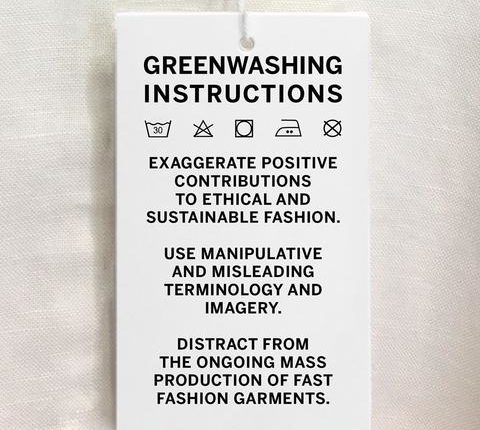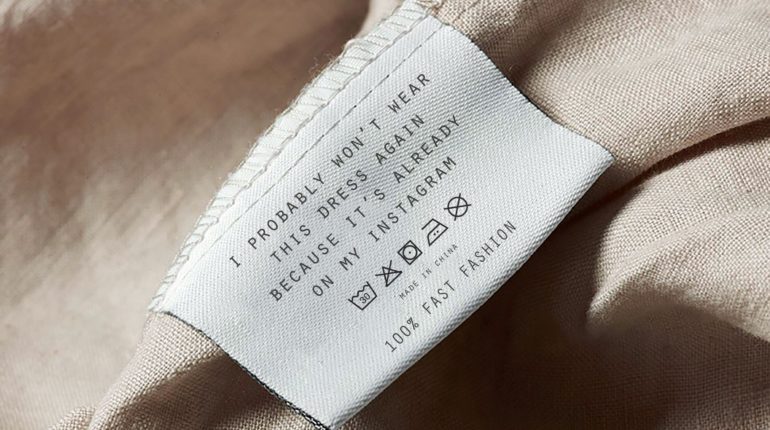The Competition and Markets Authority is preparing to name and shame high street clothing companies selling ‘sustainable’ clothing at a premium price.
We might think we’re doing the right thing by heading straight for the ‘eco-friendly’ or ‘sustainable’ section of popular clothing shops when looking to buy a new outfit.
But with so many brands accused of greenwashing in recent years, how can we trust that retailers are actually sourcing ethical materials and using greener manufacturing processes behind the scenes?
According to the UK’s The Competition and Markets Authority (CMA), most of the clothing we see marked with eco-friendly labels aren’t the sustainable choice that brands are selling them as.
The marketing body has said that ‘entire lines of clothing’ are being marketed as planet-friendly options (and sold at a higher price) without any proof of whether the way they are made, delivered, and packaged is any better for the environment.
The CMA says that lining clothing with ‘sustainable’ tags requires proof that the entire process of the product has been modified to lower its environmental impact.
In a bid to hold companies accountable and keep shoppers in the know, the organisation has begun an investigation into Britain’s fashion sector and will soon publish a full list of companies guilty of greenwashing practices.




















